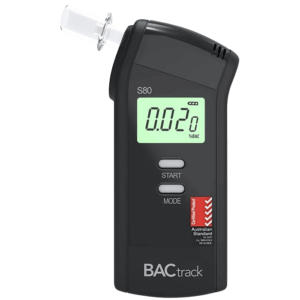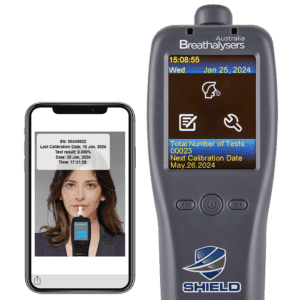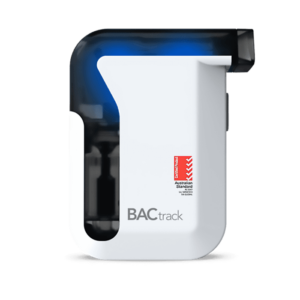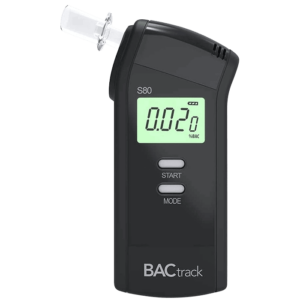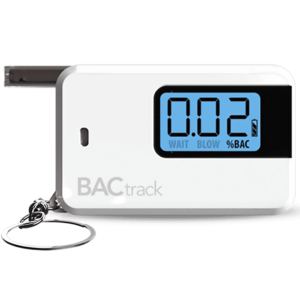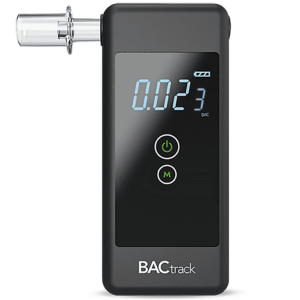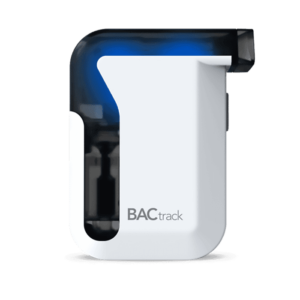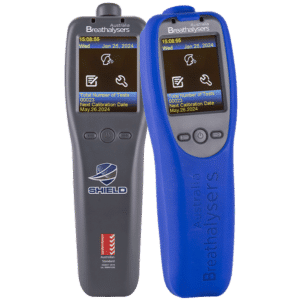Fuel Cell Breathalyzer Accuracy Test
12 November, 2021
An alcohol breath test is a standard practice that helps ensure safety for workplaces and roads. Safety through soberness is critical, especially for companies that operate heavy machinery. Both workplace and roadside safety is maintained by monitoring blood alcohol content (BAC) levels using breathalyzers. Accurate alcohol testing devices are critical in dealing with drink driving offences. A breath test is fast and straightforward through the use of a breathalyzer. A fuel cell breathalyzer is mainly used by police officers and other professionals primarily because of its quick, accurate and precise readings. Nowadays, personal breathalyzers, like BACtrack devices, feature the same fuel cell sensor technology.
Fuel Cell Breathalyzers VS Semiconductor breathalyzers
All breathalyzers can confirm or measure one’s BAC, the amount of alcohol in the body, through one’s breath. But not all breathalyzers are made equal. Semiconductor breathalyzers measure BAC by electronically oxidizing alcohol using a tin-oxide substance. Semiconductor breathalyzers use sensors that are not only partial to ethyl alcohol but can detect the presence of other chemical substances such as acetone and other ketones. So, a person who has not been drinking alcohol can still get a false positive BAC. On the other hand, a fuel cell breathalyzer is highly specific to ethanol vapour only, therefore, it can provide more accurate BAC readings.
A Fuel cell breathalyzer uses two platinum electrodes around a porous acid-electrolyte material. When the alcohol vapour enters the fuel cell, it reacts with the platinum and oxidizes, releasing acetic acid, protons, and electrons. The electrons flow through a wire to a software analysis that translates into a BAC percentage. The higher the electric current means, the higher the percentage of alcohol in the breath. In Addition to their accuracy, full cell sensors, like those in BACtrack personal breathalyzers, only take a few seconds to process the BAC.
Fuel cell breathalyzers have a lesser margin of error and are more accurate than a standard semiconductor breathalyzer. Another advantage of a fuel cell breathalyzer is that it is less likely to need constant recalibration (only once every 6-12 months, depending on usage). Validation through several field tests has proven the accuracy of fuel cell breathalyzers.
Personal Devices
Choose a brand of breathalyzer that has not only met industry standards but passed independent accuracy tests with flying colours. BACtrack’s commitment to accuracy through repeated rigorous testing and quality control ensures consistency with all its pro-grade breathalyzers. BACtrack fuel cell breathalyzers have also complied with all the federal requirements for a breath screening device.
Related Articles:
- How to Detect Alcohol in Breath Limit
- What does a Breathalyzer Mean?
- The BACtrack Police Grade Breathalyzer



















